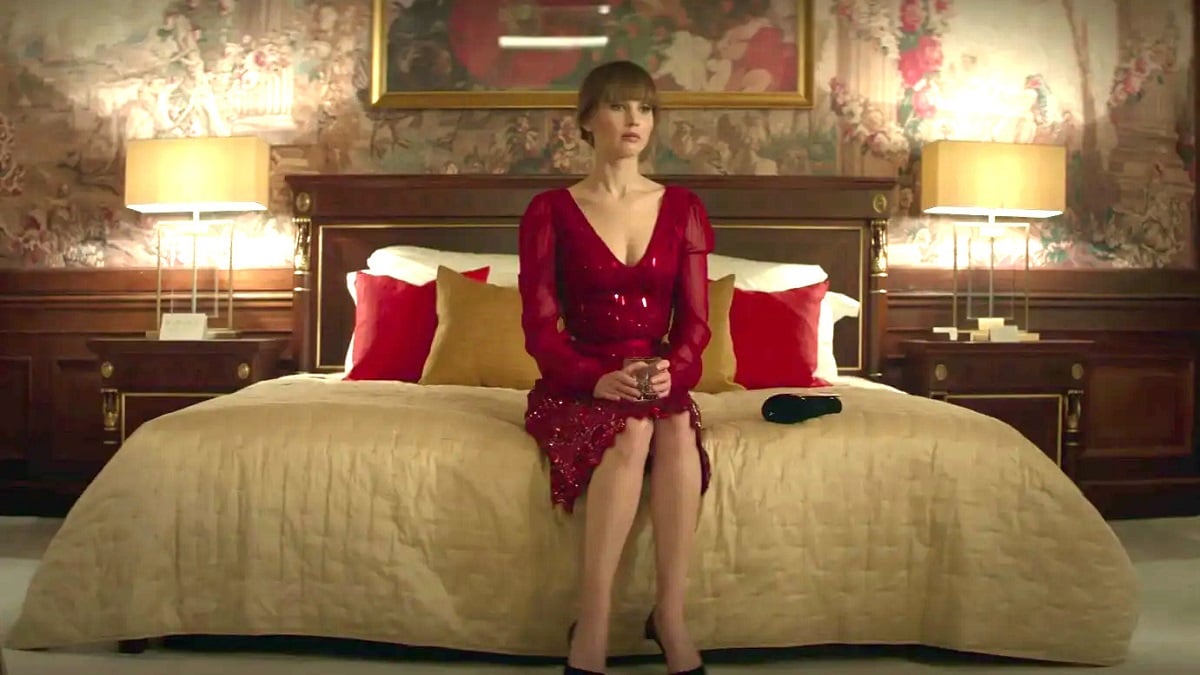The first decade of the 21st Century’s contributions to the spy genre were dominated largely by the three JBs; with James Bond, Jason Bourne, and Jack Bauer setting the template everyone else would largely adhere to. There are of course exceptions to the rule – with Tom Cruise’s Ethan Hunt the most notable – but Red Sparrow had the potential to do something different.
The Hunger Games director Francis Lawrence reunited with star and namesake Jennifer to bring the literary adaptation to the big screen, and it fared reasonably well at the box office after bringing in over $150 million on a budget hovering around the $70 million mark, even if critics and audiences alike were left feeling a little cold.

To be honest, Red Sparrow should have fared better than it did when sex is one of the easiest things to sell to an older audience, never mind the prospect of seeing A-list superstar Lawrence as a femme fatale who weaponizes her sexuality in order to get the job done. And yet, a five-year anniversary retrospective appears to have completely missed the point.
While it’s accurate to say that Red Sparrow had the potential to act as a sexually-charged counterpoint to the chaste likes of Bond, Bourne, and Mission: Impossible, calling it “sexy” isn’t really all that accurate. After all, the reason why Lawrence’s Dominika Egorova operates the way she does is because she was conditioned by a clandestine organization into using it as a means to an end, which stripped away her personality and sensitivity to violence as a result.
Exposed flesh does not a sexy movie make, and it’s perhaps even a little concerning to see Red Sparrow interpreted as a titillating exercise in how to build a multi-film series when one of the narrative driving forces is that creating the beast with two backs can often be a dangerous and deadly thing.

